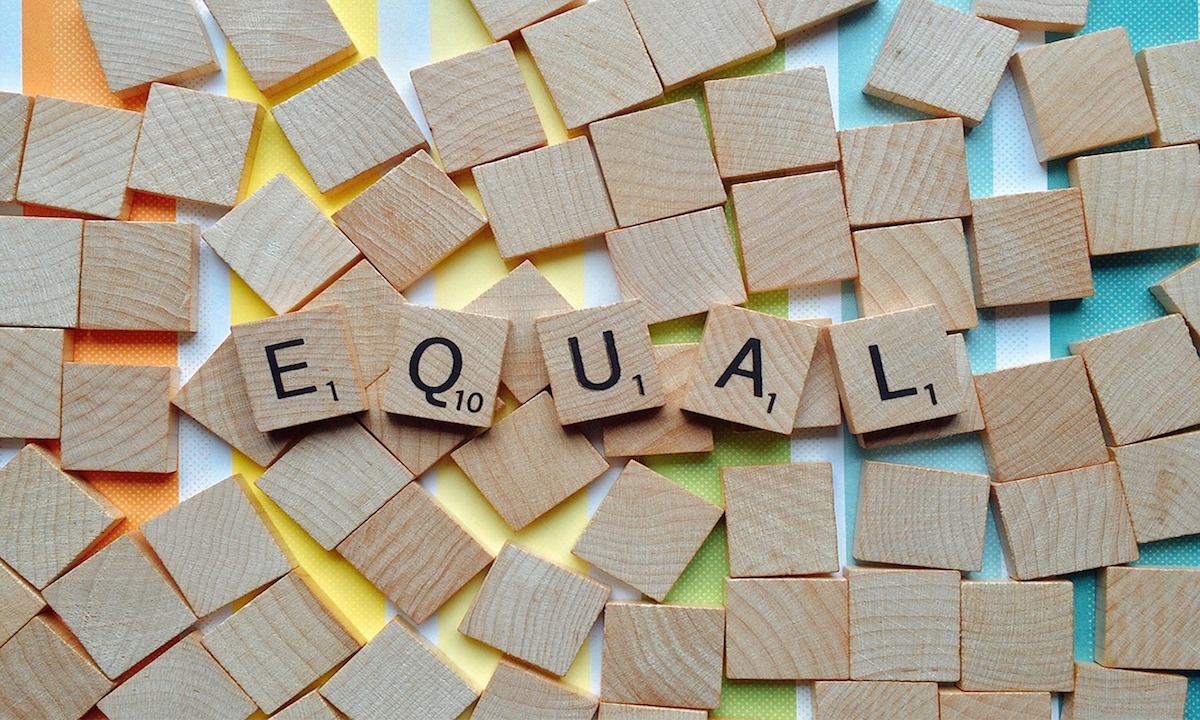Californians for Equal Rights, the NO on 16 campaign, declared victory following the record turnout of voters solidly rejecting Proposition 16 on Election Day. This statewide ballot measure would have amended the State Constitution by deleting the provision—adopted by voters in 1996 as Proposition 209—that prohibits racial discrimination and racial preferences in California state and local government contracting, employment and education.
“The defeat of Proposition 16 occurred despite the perfect storm afforded supporters for its passage,” said Arnold Steinberg, strategist for No on 16, who served in the same capacity for Prop 209. “Prop 16 was rushed on the ballot by the arrogant supermajority in the state legislature to make it difficult to organize or fund an opposition campaign. The California attorney general even created a disingenuous and biased ballot label favoring Prop 16 by masking its purpose and effect. Instead of a clear, accurate delineation of the restoration of racial discrimination and racial preferences, the ultimate label morphed into a favorable description of a ‘diversity’ measure.”
Even so, Californians defeated Prop 16 by a 56-to-44 percent landslide. This occurred despite the state’s well-known liberal, progressive, left-of-center electorate, which was evident yesterday by Joe Biden defeating Donald Trump in the state by 2-to-1 (65.2% to 32.9%).
“If the ballot label clearly stated that Prop 16 was repealing the state’s constitutional prohibition of racial preferences, the measure would have been defeated, also by 2-to-1,” observed Steinberg. “Still, enough voters saw through the contrived and deceptive ballot wording to ensure its defeat. This telegraphs a powerful message to the country, as what happens in California does not stay in California.”
Steinberg noted that Prop 16’s defeat took place despite all of its advantages: the backing of the political establishment, favorable timing, biased ballot wording, big money, a record turnout in a conducive electoral climate, widespread media support, and a costly television campaign versus no television ads for opponents.
“This was a David v. Goliath battle,” Steinberg continued. “Proponents, funded by elitist billionaires and their proxies, vastly outspent (by nearly 13-to-1) our campaign, which was funded almost entirely by small donors. Quite simply, voters rejected what Prop 16 was selling.”
The NO on Prop 16 campaign was a broad-based coalition, supported by Democrats, Republicans, independents and people of varied racial and ethnic background, and across the generational span. But at the center or the campaign were Americans of Chinese descent.
“This is a political awakening, for Asian Americans in general, and especially for Americans of Chinese descent.” Steinberg continued. “They have declared they will not be bullied and discriminated against as second-class citizens because of their race.”
KEY POINTS
Cynicism. California’s political establishment, race-conscious and race-obsessive, chose to ignore the progress made since Prop 209 and to cynically exploit the recent unrest that began following the death of George Floyd.
Timing. The supermajority in the state legislature, at the last minute, put on the ballot what became Prop 16. This put the possible opposition (what would become our campaign) at a severe disadvantage, because there was limited time to organize against the measure.
Establishment. In addition, proponents were backed by their political allies—a huge array of organizations, labor unions, business groups, the UC Board of Regents, county boards of supervisors, city councils, school boards, and on and on, and a largely sympathetic media, even reporting uncritically about dubious data rejecting the progress over the last quarter of a century since the passage of 209. And, major newspapers endorsed Prop 16.
Funding. The Yes on 16 campaign spent at least $22 million, compared to the No on 16 campaign’s $1.9 million. The proponents spent $11 million on television ads; the opponents spent nothing on television. Both sides spent a similar amount on digital advertising, but digital advertising was the only advertising option of the opposition.
This map from the California Secretary of State’s office shows the geographic distribution of the votes for an against Prop 16.




